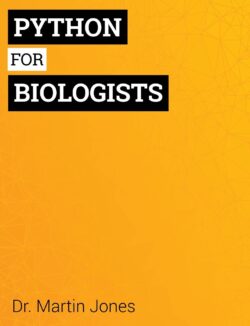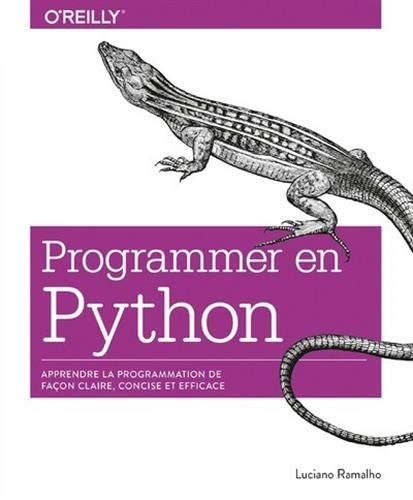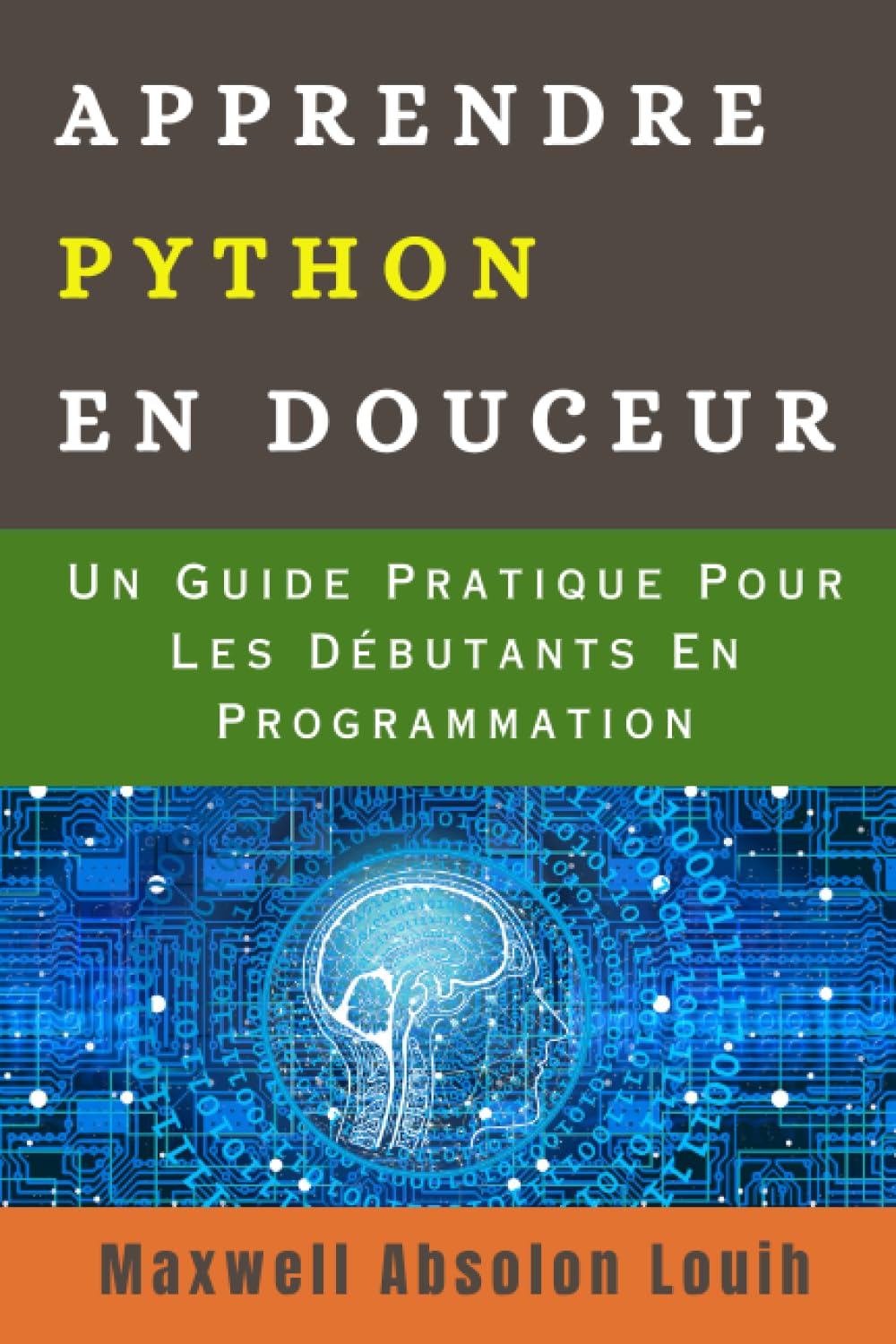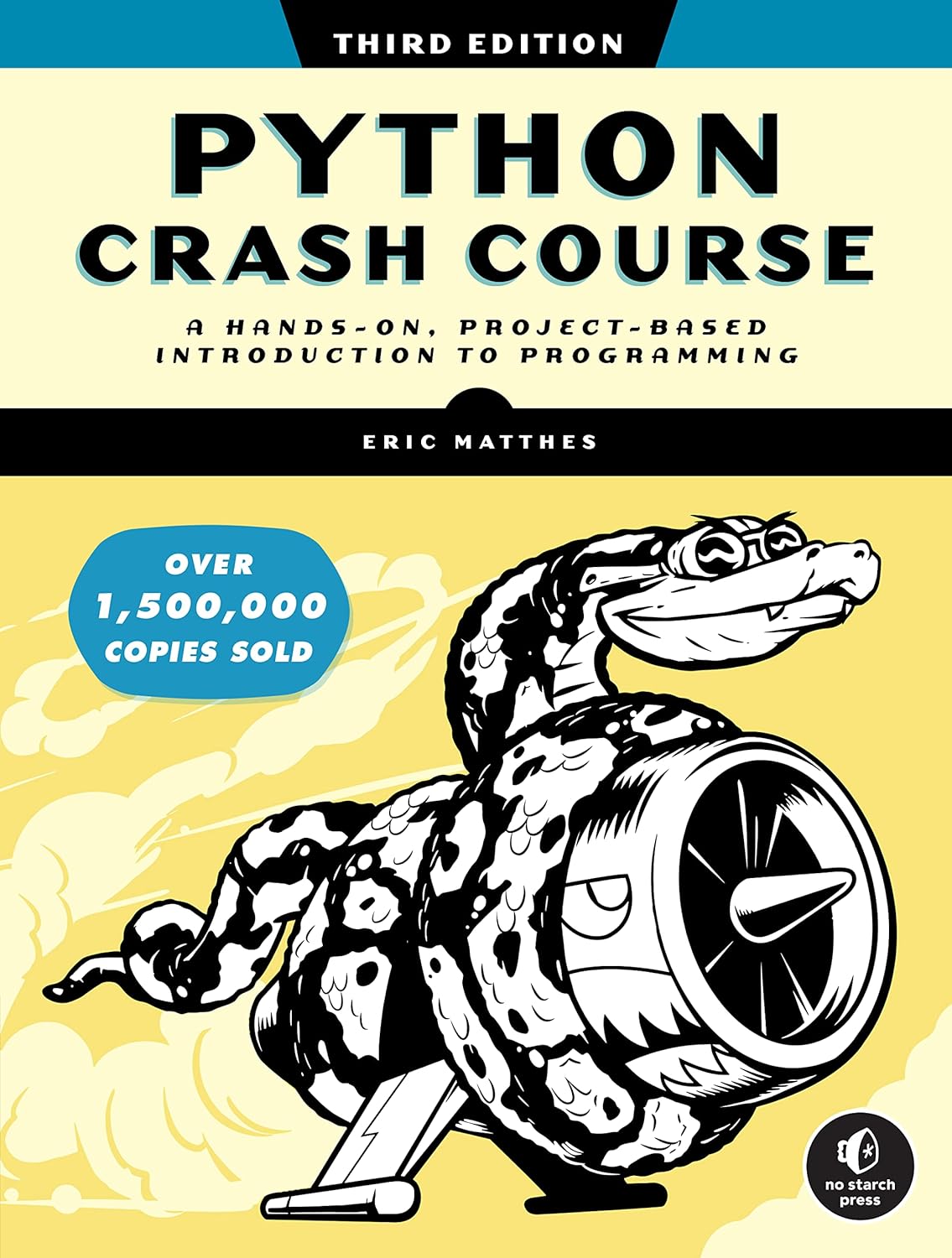Python is a high-level, interpreted programming language known for its simplicity and readability. It was created by Guido van Rossum and first released in 1991. Python emphasizes code readability and uses a significant amount of whitespace, making it easy to understand and write.
Python supports multiple programming paradigms, including procedural, object-oriented, and functional programming. It has a vast standard library that provides numerous modules and functions for various tasks, ranging from web development and data analysis to machine learning and scientific computing.
One of Python's key strengths is its versatility. It can be used for a wide range of applications, such as building web applications, scripting, automating tasks, developing desktop GUIs, and creating scientific simulations. Python also has excellent integration capabilities with other languages and platforms.
Python has a large and active community that contributes to its extensive ecosystem of third-party libraries and frameworks, such as Django, Flask, NumPy, pandas, TensorFlow, and PyTorch. These libraries make Python even more powerful and enable developers to leverage existing solutions and accelerate their development process.
Overall, Python's simplicity, readability, versatility, and rich ecosystem make it a popular choice among beginners and experienced developers alike. It is widely used in various industries, including web development, data science, artificial intelligence, and automation.
-

Sécurité informatique : Apprendre l'attaque pour mieux se défendre (6e édition)
€ 54,00 Acheter le livre -

Python coding for Biologists: A complete programming course for beginners
€ 34,00 Buy Now -
Promo !

Routeur WiFi AX 3000 Mbps TP-Link Routeur, WiFi 6, 4 antennes à haute performance, OneMesh, WPA3
€ 56,00 Acheter le produit

|

|

|